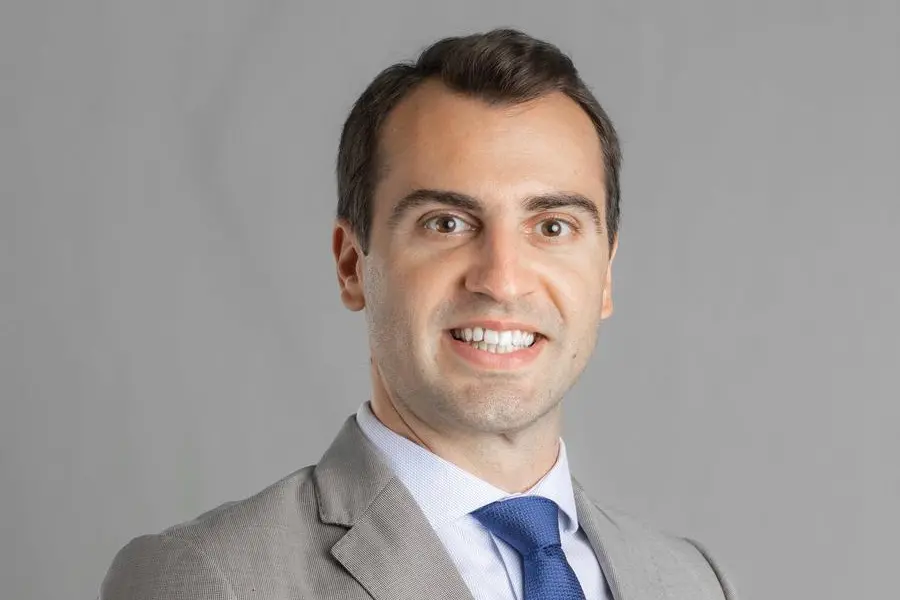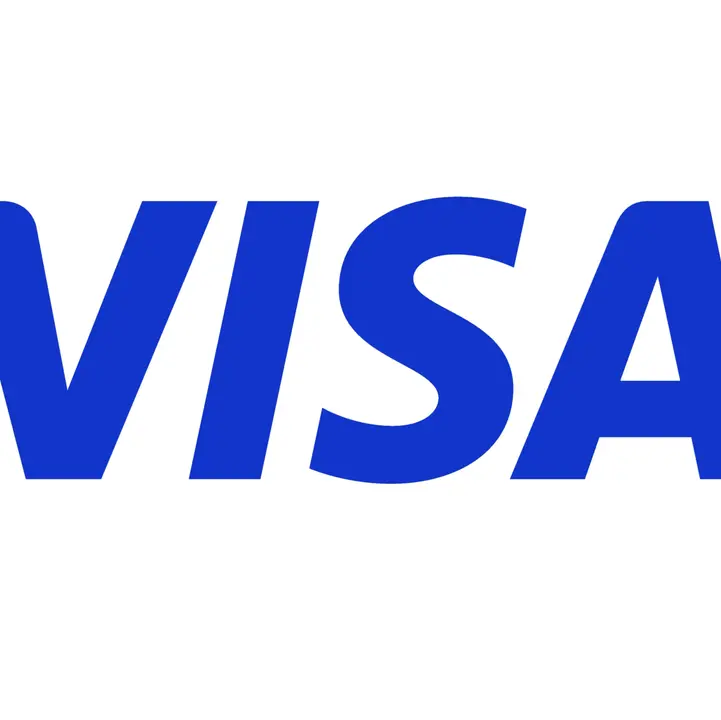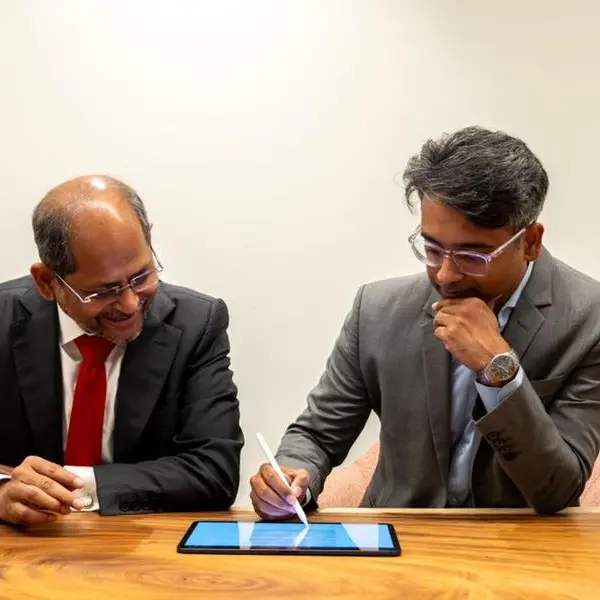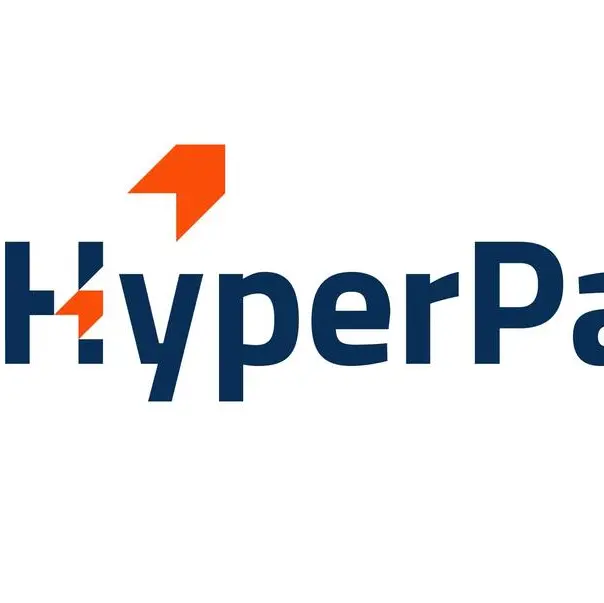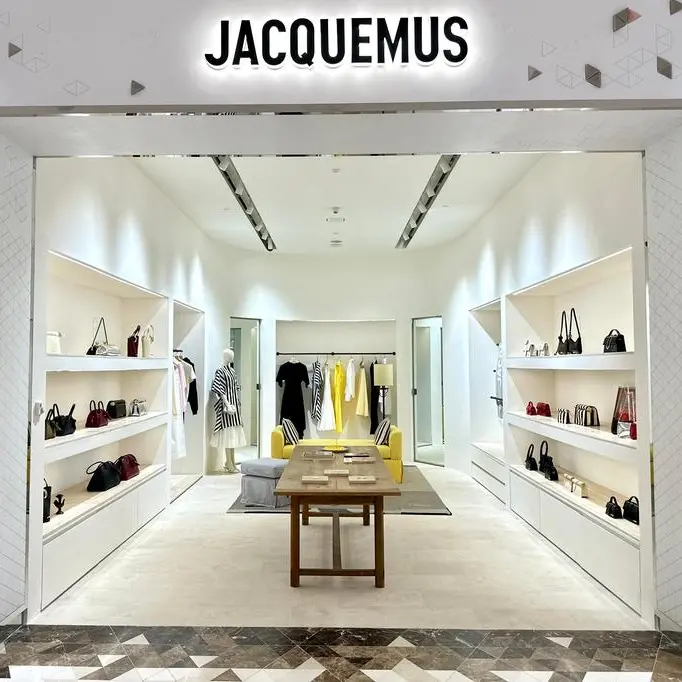PHOTO
Doha: Dr. Georgios Dimitropoulos, Associate Professor and Associate Dean for Research at Hamad Bin Khalifa University (HBKU) College of Law, and Dr. Emmanouil Chatzikonstantinou, Assistant Professor of International Economics at Georgetown University in Qatar (GU-Q), have been awarded the TradeLab status for a joint pilot clinic between both institutions. The TradeLab clinic will also become part of a Qatar National Research Fund (QNRF)/Qatar Research, Development and Innovation (QRDI) Council grant of Professors Dimitropoulos and Chatzikonstantinou dealing with “Industrial Policy for Digital Development,” which focuses on path-breaking issues in the trade field, such as industrial policy, digital trade and national security.
Dean Safwan Masri of GU-Q commented: “This collaboration between HBKU and GU-Q is more than just a partnership of institutions it is the convergence of minds, visions, and a shared commitment to empower the next generation. Students from both universities will work alongside policymakers and practitioners, helping to make international trade and cooperation fairer and more accessible. We often speak of preparing students for the future as though it is something distant. But the future is being shaped today, by those who bring informed and diverse perspectives to real-world challenges. TradeLab helps position our students to be front and center among them.”
Excited about the joint initiative, HBKU College of Law Dean Susan L. Karamanian said: “TradeLab will enable HBKU’s College of Law and GU-Q faculty and students to conduct high-level, interdisciplinary research on contemporary international trade and investment issues. It builds on the existing relationship between the two schools in international law, one that my colleague Professor Dimitropoulos has been active in establishing and developing in coordination with his counterparts at GU-Q.”
TradeLab is a global network of legal clinics that brings together students, academics, and practitioners from all over the world to tackle trade and regulatory challenges. Through the provision of information and support on negotiations, compliance, and litigation, TradeLab’s goal is to make globalization more inclusive. TradeLab was initiated through funding from the QNRF at GU-Q by Professor Joost Pauwelyn in 2013, and is currently led by Co-Presidents Dr. Jan Yves Remy, Director of the Shridath Ramphal Centre for International Trade Law, Policy and Services (the SRC), and Professor Katrin Kulhmann, Professor and the Faculty Director and Co-founder of the Center on Inclusive Trade and Development at Georgetown University Law Center in Washington DC.
Dr. Dimitropoulos highlighted: “The TradeLab is a key step in advancing collaborative research and practical training in international economic law and policy in Qatar and the Middle East and North Africa region. It builds on the longstanding collaboration between the College of Law and GU-Q, and brings together students from our J.D. program and the international economics and international politics programs at GU-Q, allowing them to work together with policymakers in Qatar and beyond, as well as fellow law, economics and politics students from around the world that form part of the TradeLab network. The thematic focus on industrial policy making and digital development is equally important. I would like to thank the leadership of both our Universities for making it happen, as well as the leadership of the TradeLab and its Secretary, Ana Chuc Gamboa.”
“At the intersection of theory and practice,” according to Dr. Chatzikonstantinou, “the new TradeLab course teaches GU-Q and HBKU students how to tackle pressing international economic law topics, transforming academic knowledge into actionable solutions for real-world challenges. Through collaboration, rigorous research, and direct engagement with global stakeholders, students not only contribute to the field but also gain invaluable experience that shapes them into the next generation of policy makers. We are excited for the opportunity to launch this initiative at a time that international trade and global value chains transform due to new digital developments and geopolitical dynamics.”
